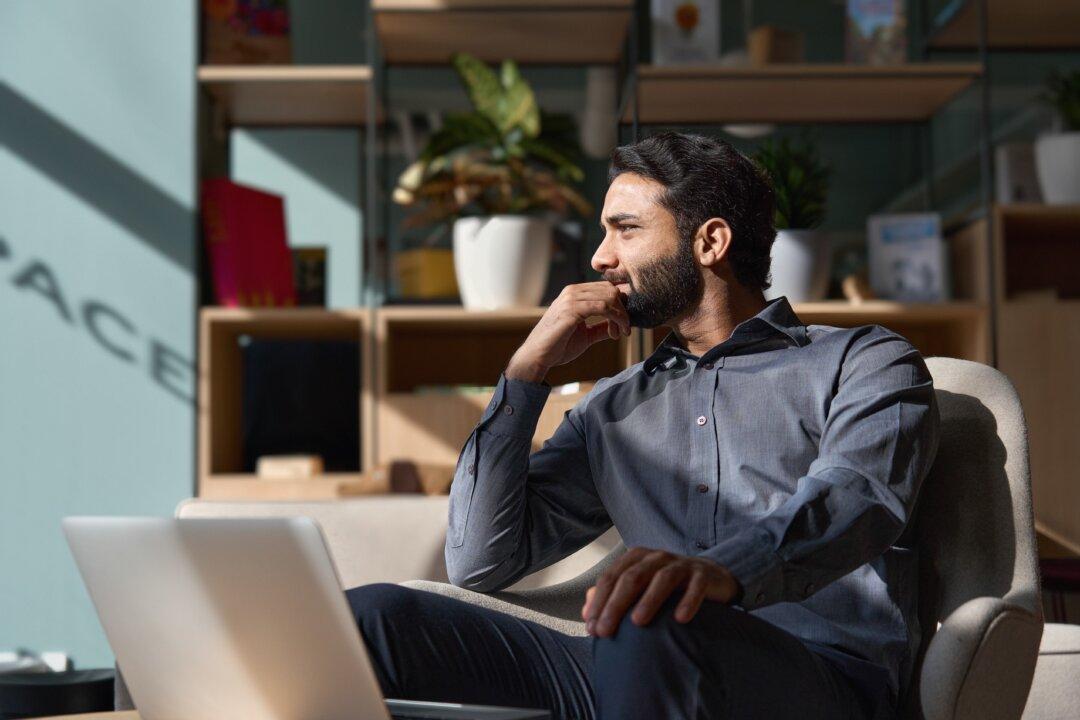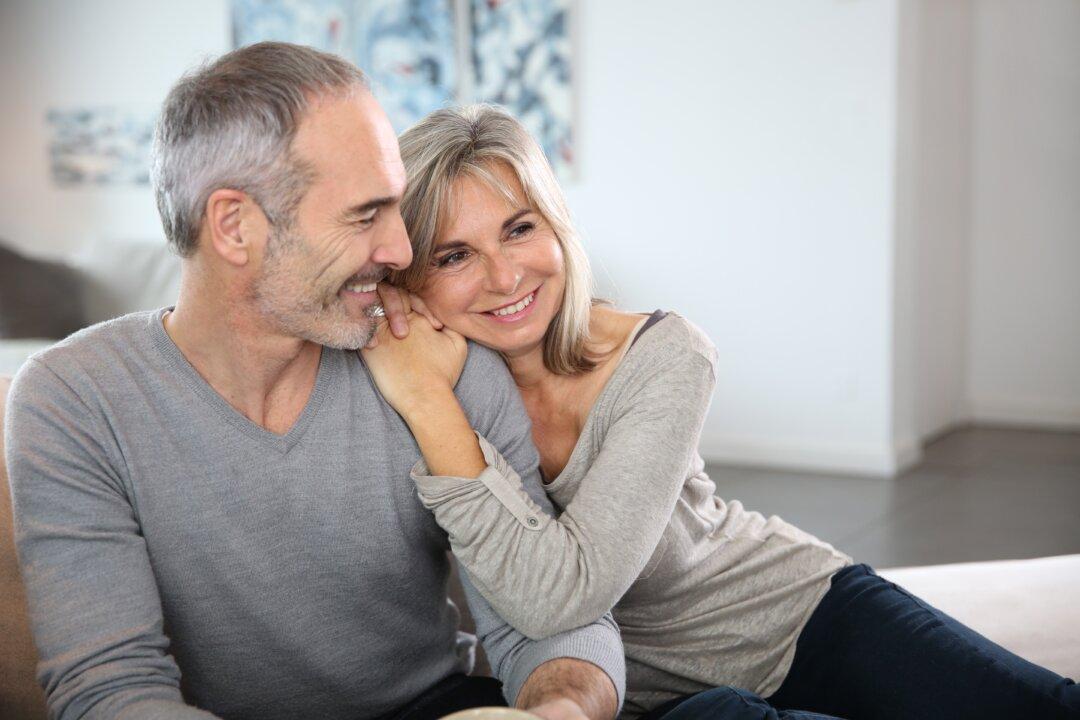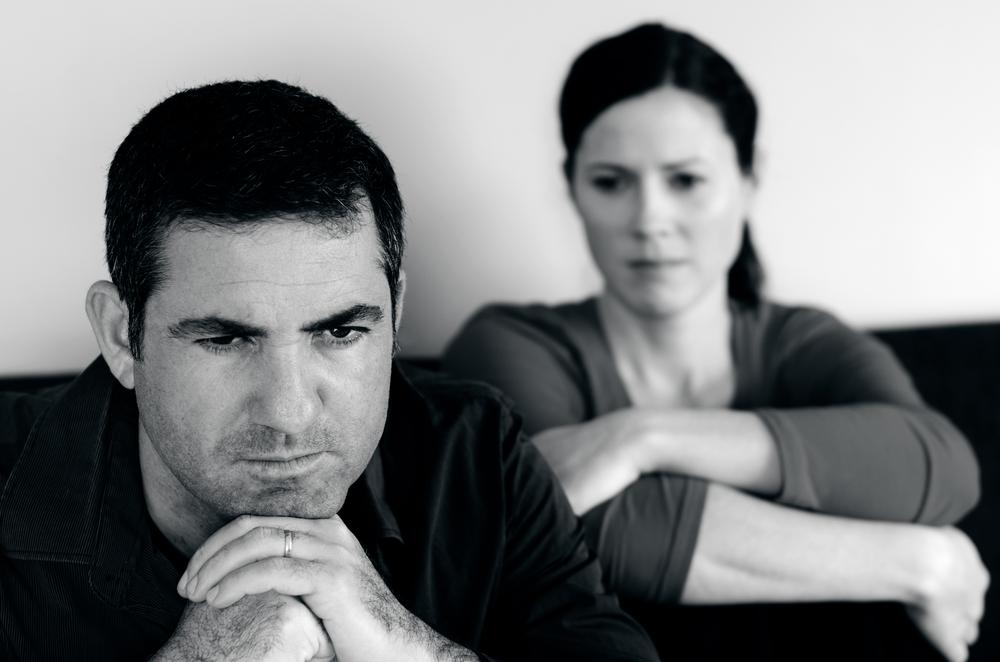The first time someone suggested I stop trying to think up a solution to the situation I was trying desperately to solve, it sounded like a lovely idea. But truth be told, I had no idea how to put this advice into action.
Resolution, for me, had always meant understanding what was happening, what it meant, and most of all, knowing what to do about it. Resolution had always involved excessive and obsessive thinking. If I didn’t want to live in anxiety and feel utterly unmoored, I had to solve the questions that were still unsolved. I had to think more, not less, about my difficulties. Living peacefully and not having the answers were incompatible; I needed a plan, a way out of the situation, not a comfy chair inside it.






